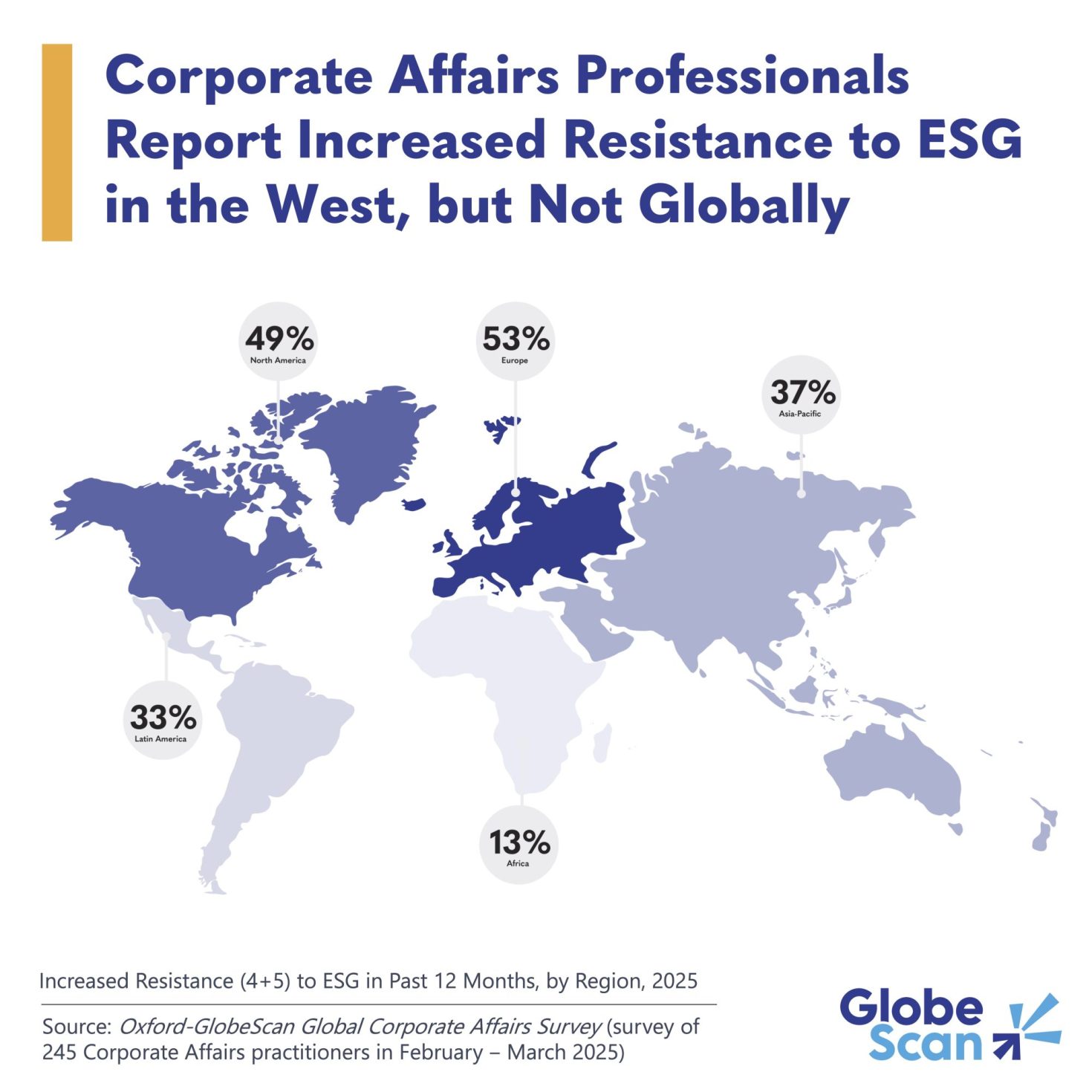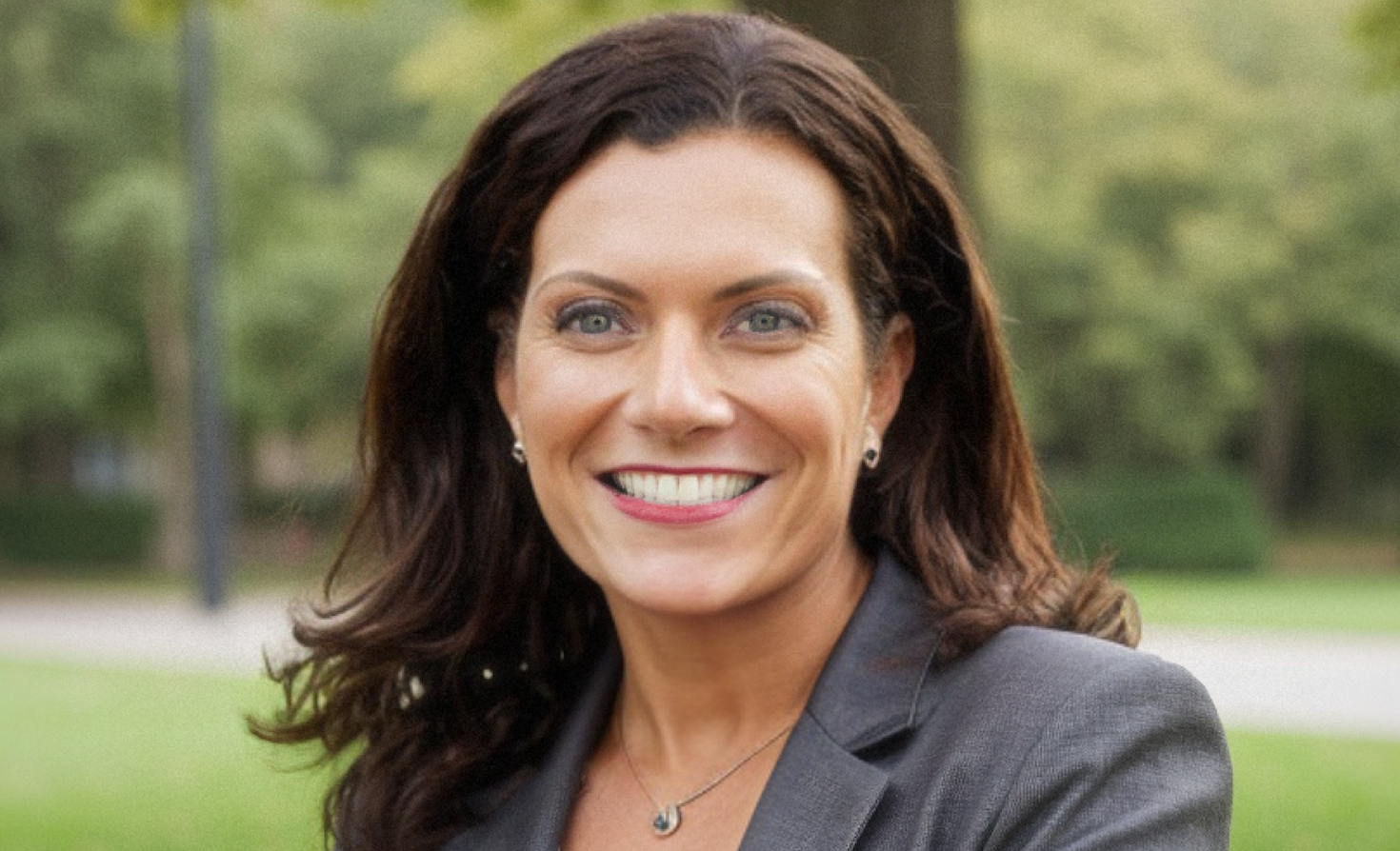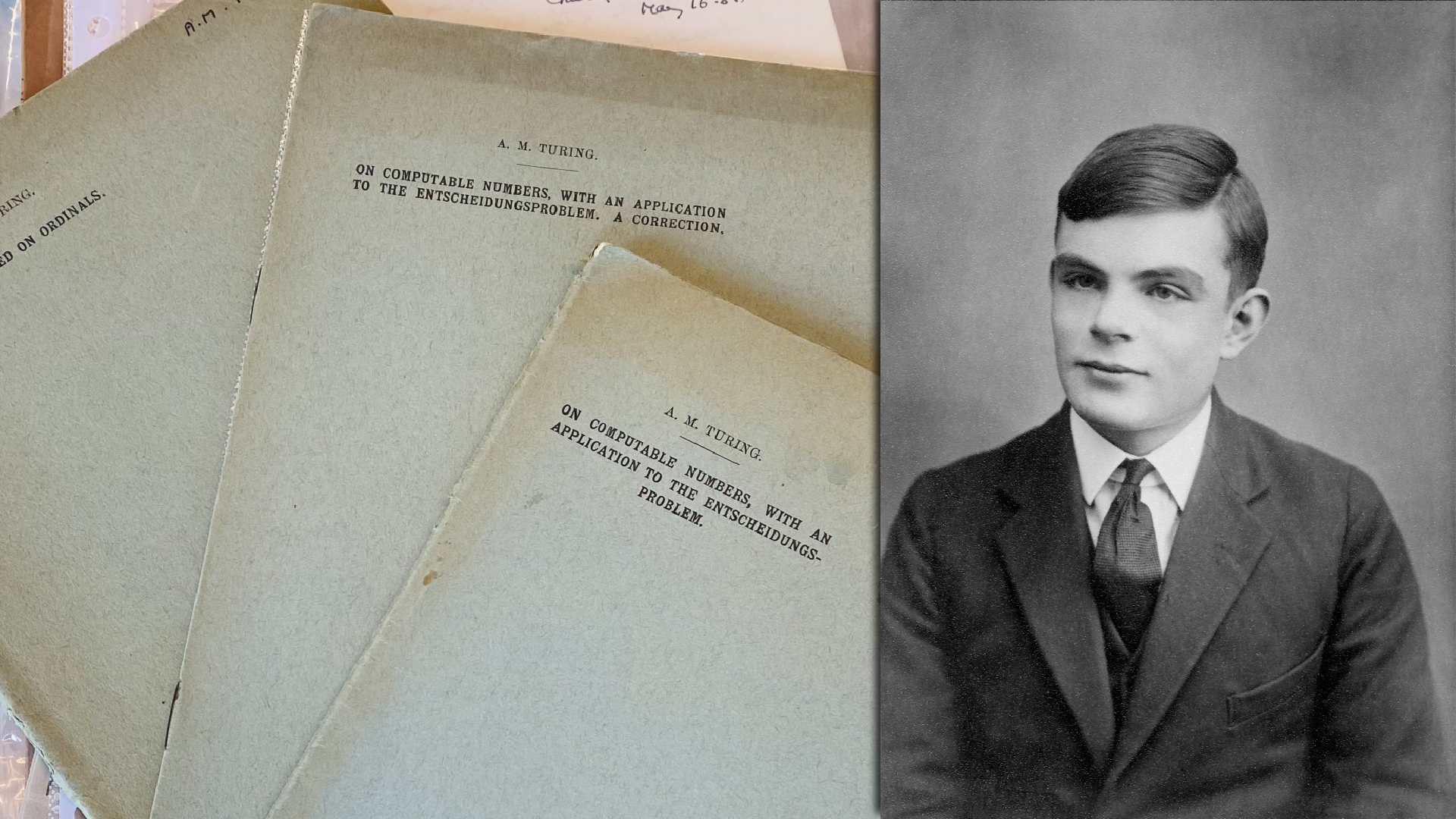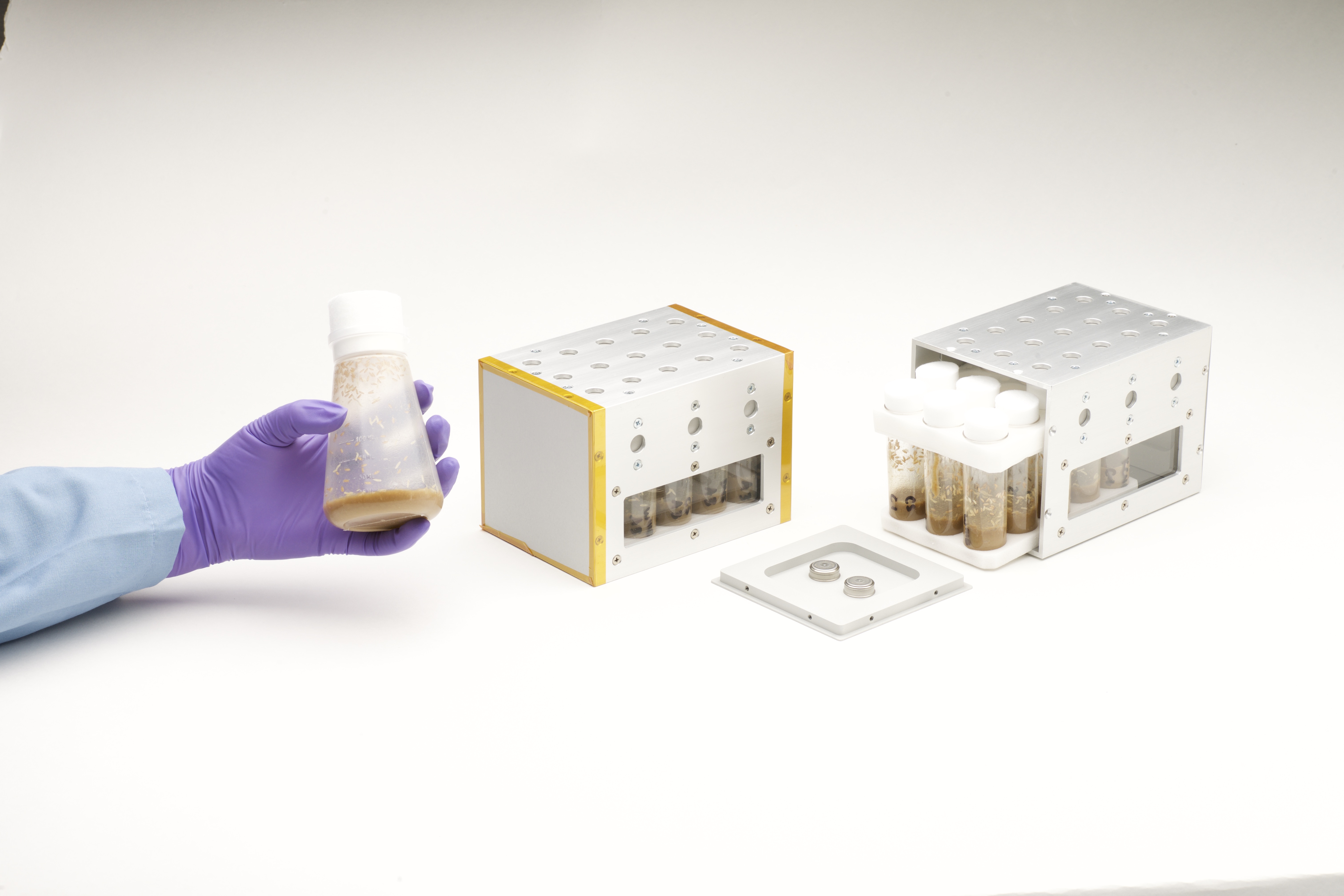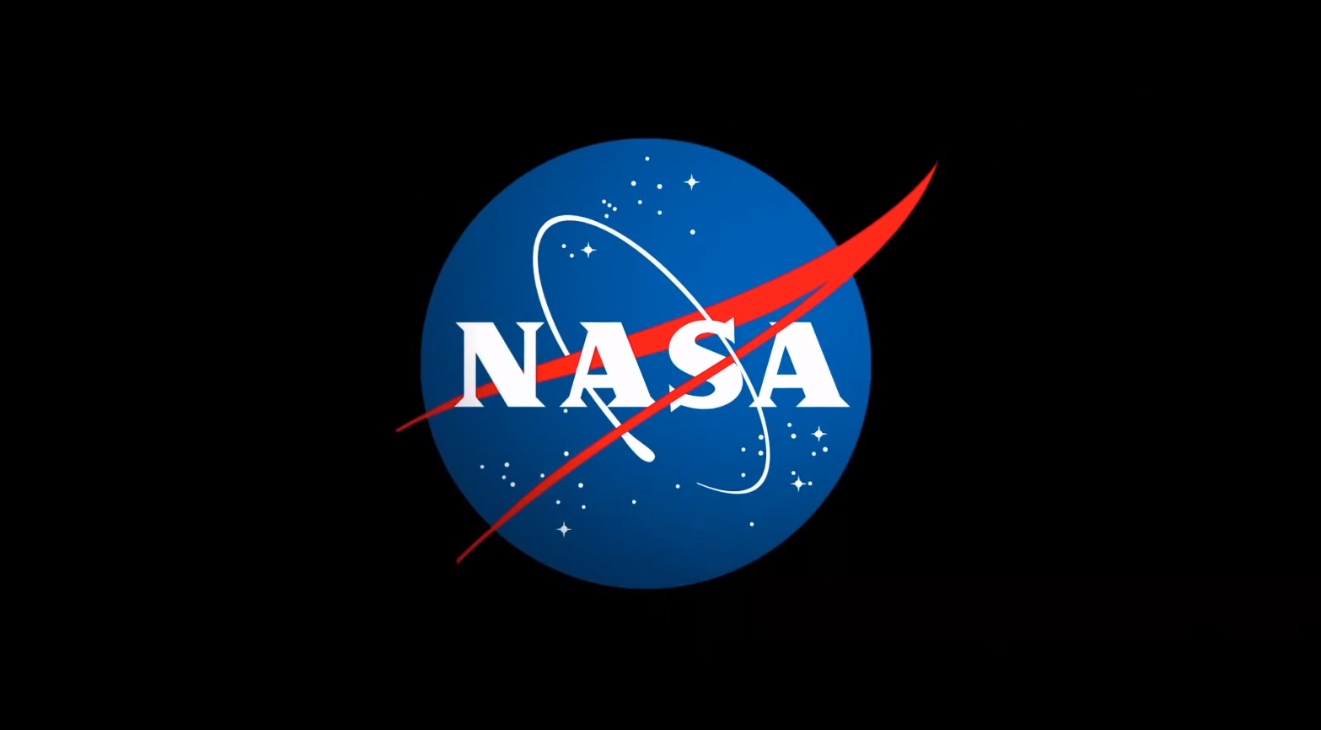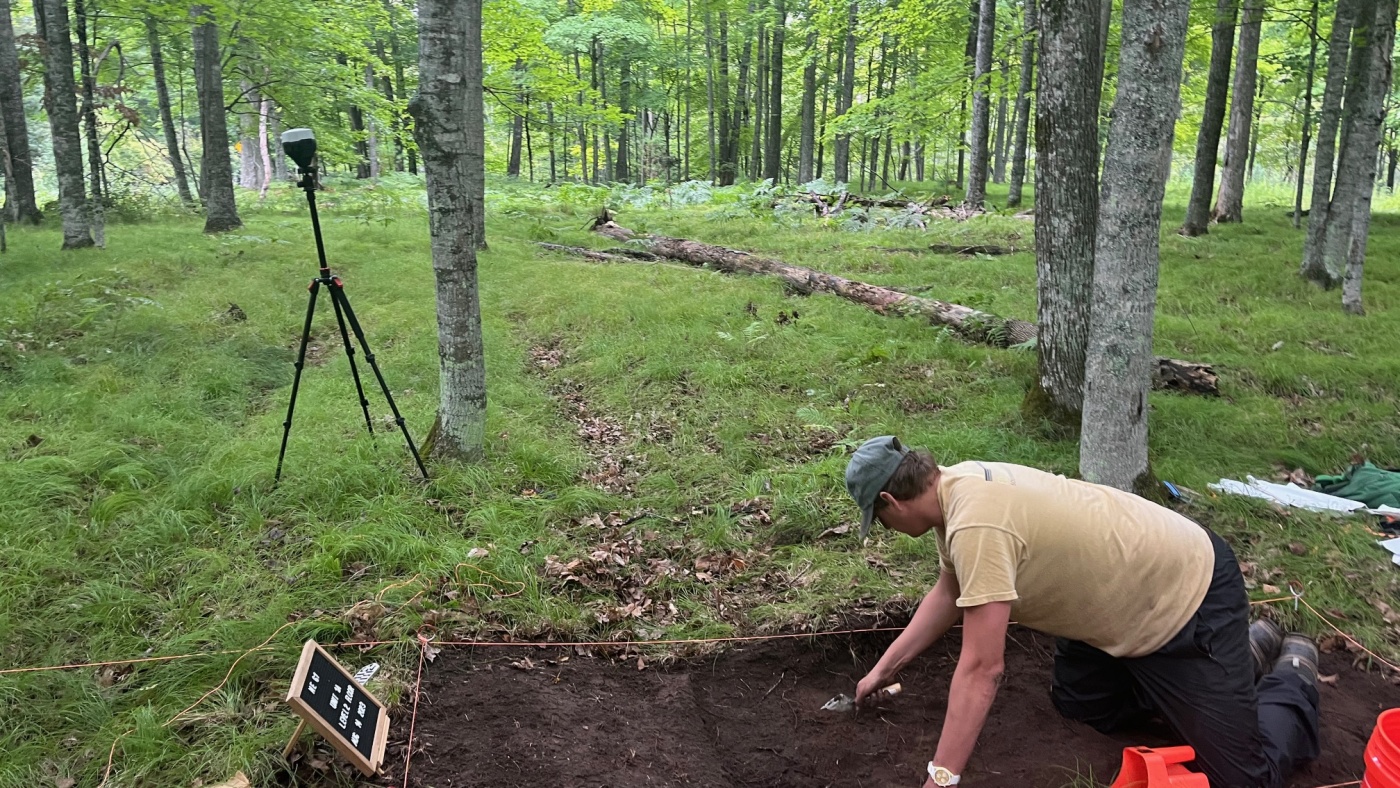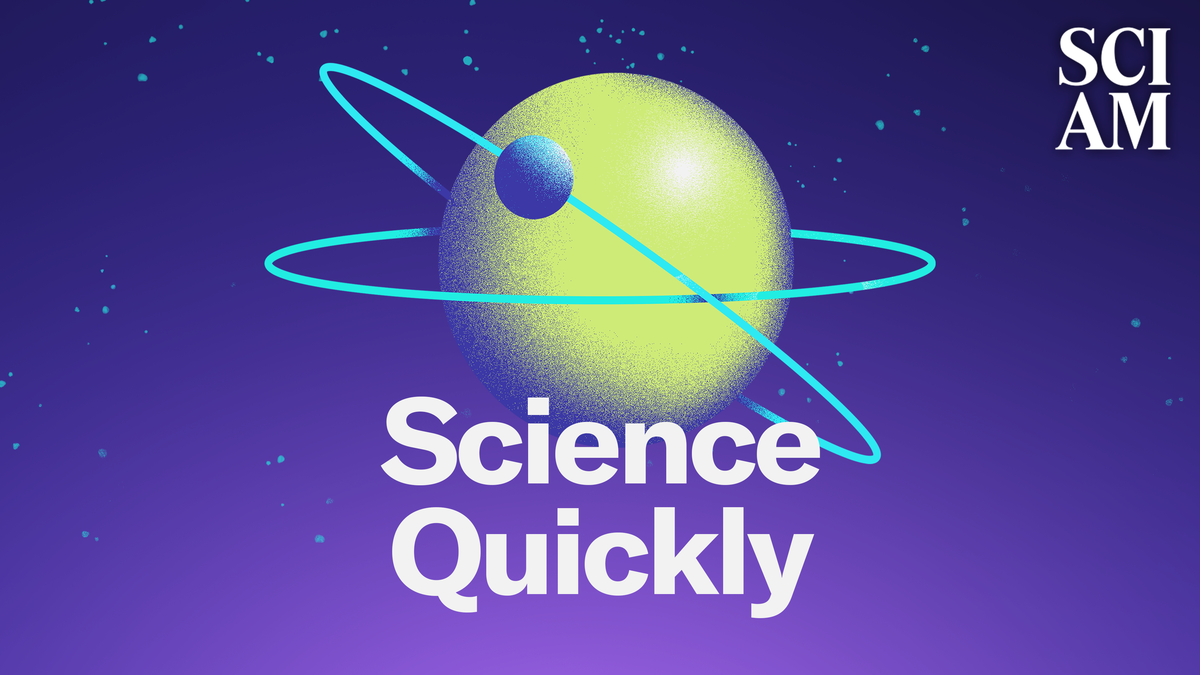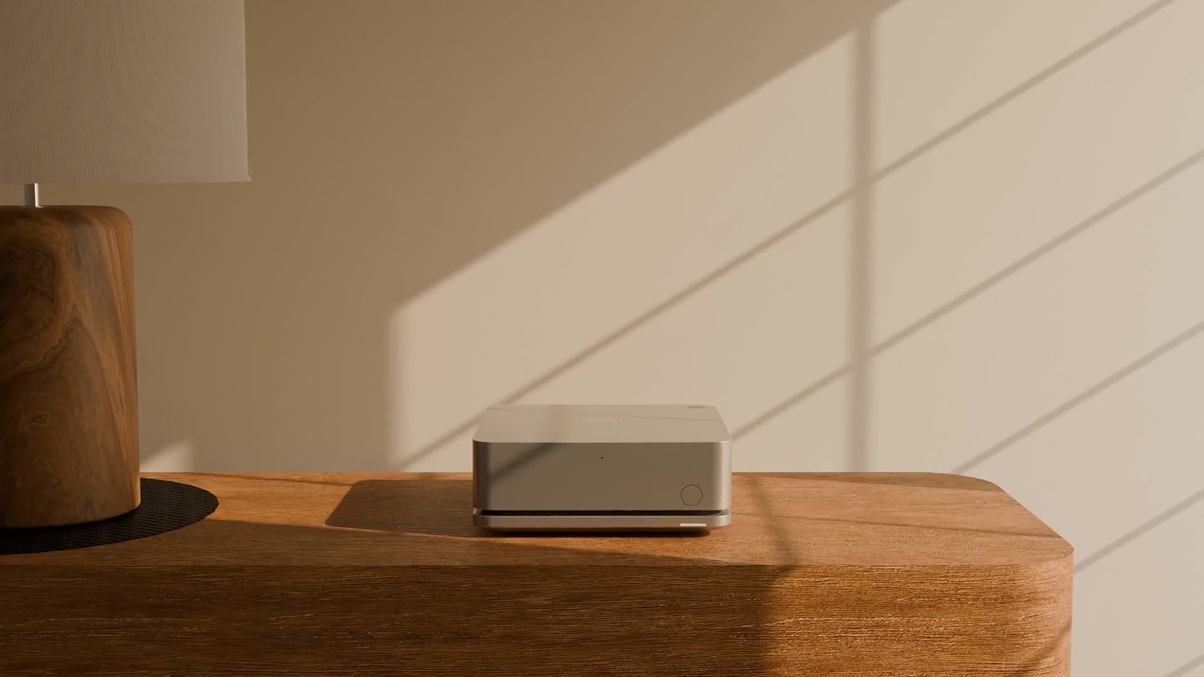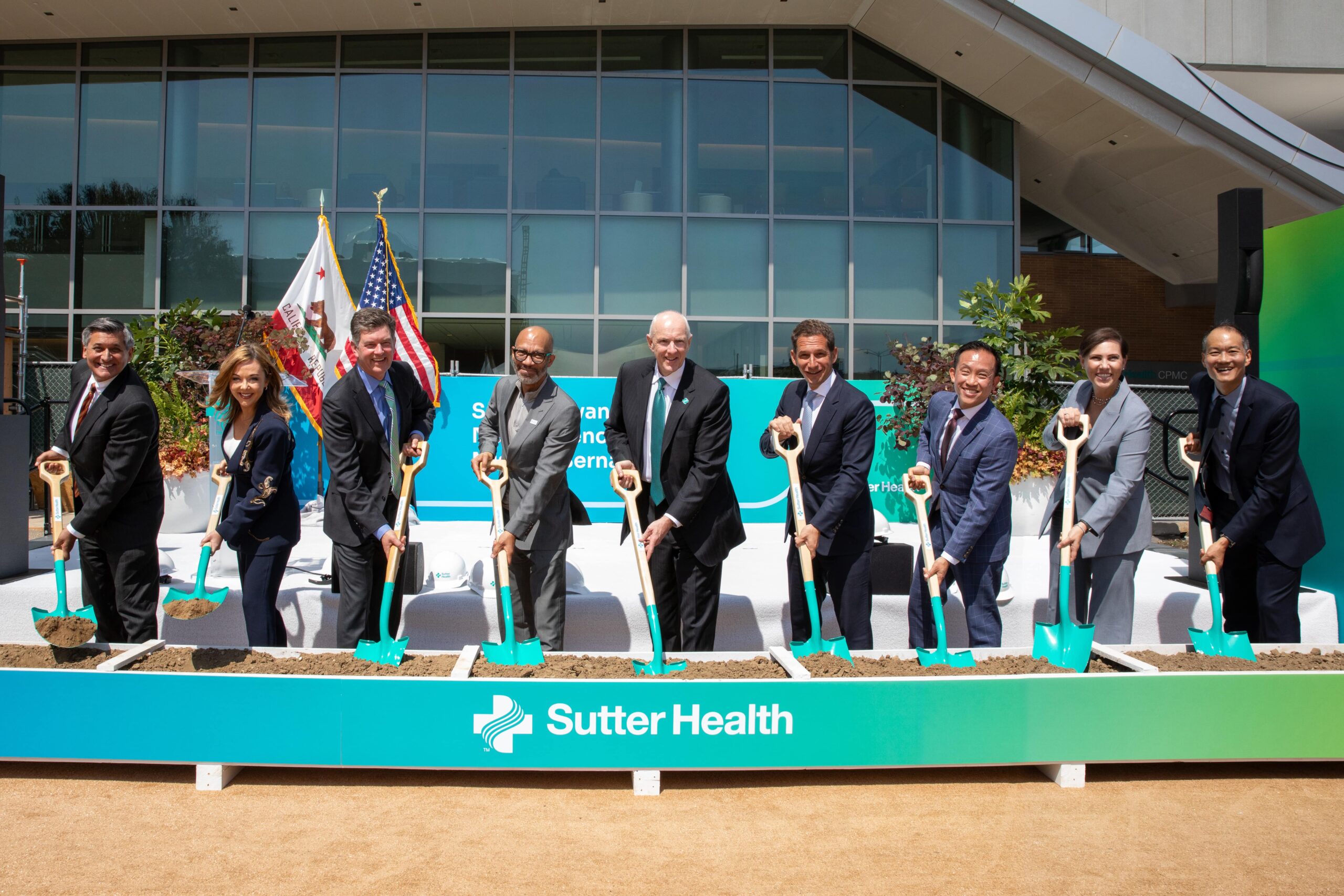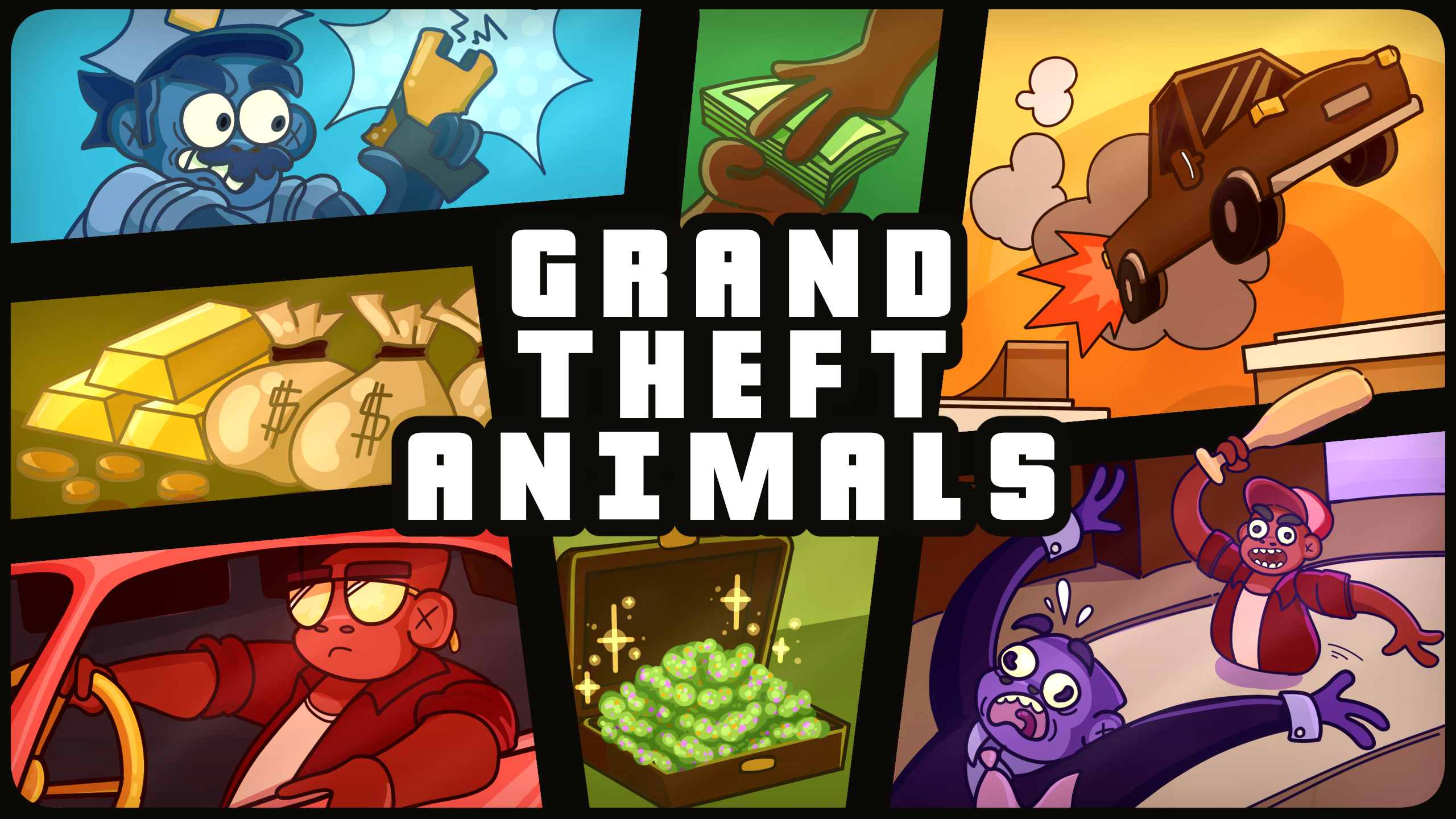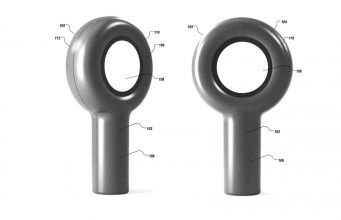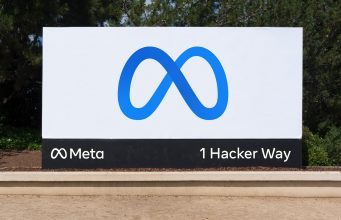Smart Glasses, AI Call Centers, AI Medical Scribes, and Much More at the eClinicalWorks Health Center Summit
This week I’m lucky enough to be attending the eClinicalWorks Health Center Summit conference. This is a really unique event since it brings together many of the 850+ FQHCs that are eClinicalWorks customers all in one place to hear the latest from eClinicalWorks and to connect with peers. I’ve often referred to FQHCs as the […]

This week I’m lucky enough to be attending the eClinicalWorks Health Center Summit conference. This is a really unique event since it brings together many of the 850+ FQHCs that are eClinicalWorks customers all in one place to hear the latest from eClinicalWorks and to connect with peers. I’ve often referred to FQHCs as the gem of healthcare. They serve some of the most challenging patient populations and provide much needed healthcare, dental, and behavioral health services to them. Attending eClinicalWorks events, it’s been fascinating to see eClinicalWorks grow from an EHR company to so much more with their suite of healow services along with their AI Medical scribe solution, Sunoh.ai.
Below you’ll find a number of the key annoncements, insights, and takeaways from the conference along with some added commentary.
No surprise that Girish Navani kicked off the event with a nod to AI. I like his tweak of Artificial Intelligence to The Age of Intelligence. He said during the keynote that this technology is moving so fast that every few weeks there is something new to talk about. It’s true and that’s what makes it hard to predict. However, the best way to predict it is to be immersed in it and that’s what I see eCW doing.
A $375 million contract with Microsoft Azure is a big deal considering they announced a $100 million contract back in late 2022. This illustrates both the growth of eClinicalWorks and also the growth in AI processing needs. Navani illustrated this well when he said he needs as many GPUs for AI as for the rest of their infrastructure. I’m confident this will continue to accelerate.
It’s great to see eClinicalWorks putting in extra effort and focus on various specialities. This focus is in line with their current customers who need a pharmacy solution or behavioral health organizations. I think many EHR vendors underestimate how much specialities love to see modules specific to their unique needs.
I first saw details of 360x referrals at the DirectTrust conference and saw how useful this could be. Of course, it’s a bit of a chicken and egg problem. I applaud eClinicalWorks for moving forward with this and I hope that all EHR vendors do as well so that referrals can be sent seamlessly between EHR systems.
I was fascinated by this comment. I’d agree that the standards are there to exchange a lot of the health data that’s neeeded, but I think there’s still work getting some organizations on board when it comes to sharing. However, Navani is completely right that information overload is a problem and only going to get worse as interoperability improves and things like AI medical scribes flood the EHR with more data. The eCW PRISMA summaries are a good way to address this information overload.
I find it pretty laughable that we used to talk about the “paperless office.” We’ve certainly gotten rid of some paper, but we’re still sharing lots of documents in healthcare and lots of them are arriving at our office that needs to be processed. I like how eClinicalWorks is working on 3 major document areas: Internal, External, and Payer.
The demo of a lab result PDF having the data pulled into the EHR in a granular way is so powerful. We all know the power of granular data and I’m happy that this is now possible from a PDF.
I think we’re going to hear a lot more from companies about AI companions. We’re going to have companions for so many things. You see that across the full spectrum of eClinicalWorks products.
This announcement may have been the most forward looking announcement at the conference. Navani showed a demo of how a doctor may use smart glasses to interact with the eClinicalWorks EHR. No doubt this demo was ambitious and showed a view of what it could look like. It was particularly interesting because it leveraged voice so much more than previous smart glasses efforts. Plus, it focused on completing tasks in the EHR instead of EHR documentation which I found interesting and a shift from the past as well. Lots of opportunity here, but still very early. I love that eCW is putting it out there so they can iterate on it with their users.
As Colin mentioned at the eClinicalWorks Enterprise Summit, healow Genie was one of the most exciting products at the conference. I really do see this as potentially a new paradigm for call center agents in healthcare. You can see why so many FQHCs at the event we’re excited to have this rolled out.
We didn’t get a lot of new announcements in regards to healow outside of Genie and Sunoh (which are massive projects), but some of the details and stats from healow were fascinating. The survey completion percentage was one example. It illustrates how a trusted message from your clinician to your cell can produce powerful results.
Patient payments are such an important topic in healthcare. I loved this graphic that Navani shared which illustrated some of the complexities associated with patient payments. It’s nice that healow Pay is addressing all of these aspects in one solution.
As tech people, we know all about 2 factor authentication. In all my interviews with security professionals, I ask them what is one of the most valuable things an organization can do to improve their security. Almost everyone suggests 2 factor authentication. It’s great that eClinicalWorks is encouraging the same with their end users. Plus, they included facial recognition which can provide a more seamless authentication experience.
As we’ve covered before, eClinicalWorks has an incredibly engaged community of users and this is particularly true in the FQHC space. After 26 years in business, the marathon reference is particularly good. However, AI is definitely making us all sprint. The pace of innovation happening right now in healthcare IT is unlike anything I’ve ever seen before. The announcements at the eClinicalWorks Health Summit were one great illustration of this.












